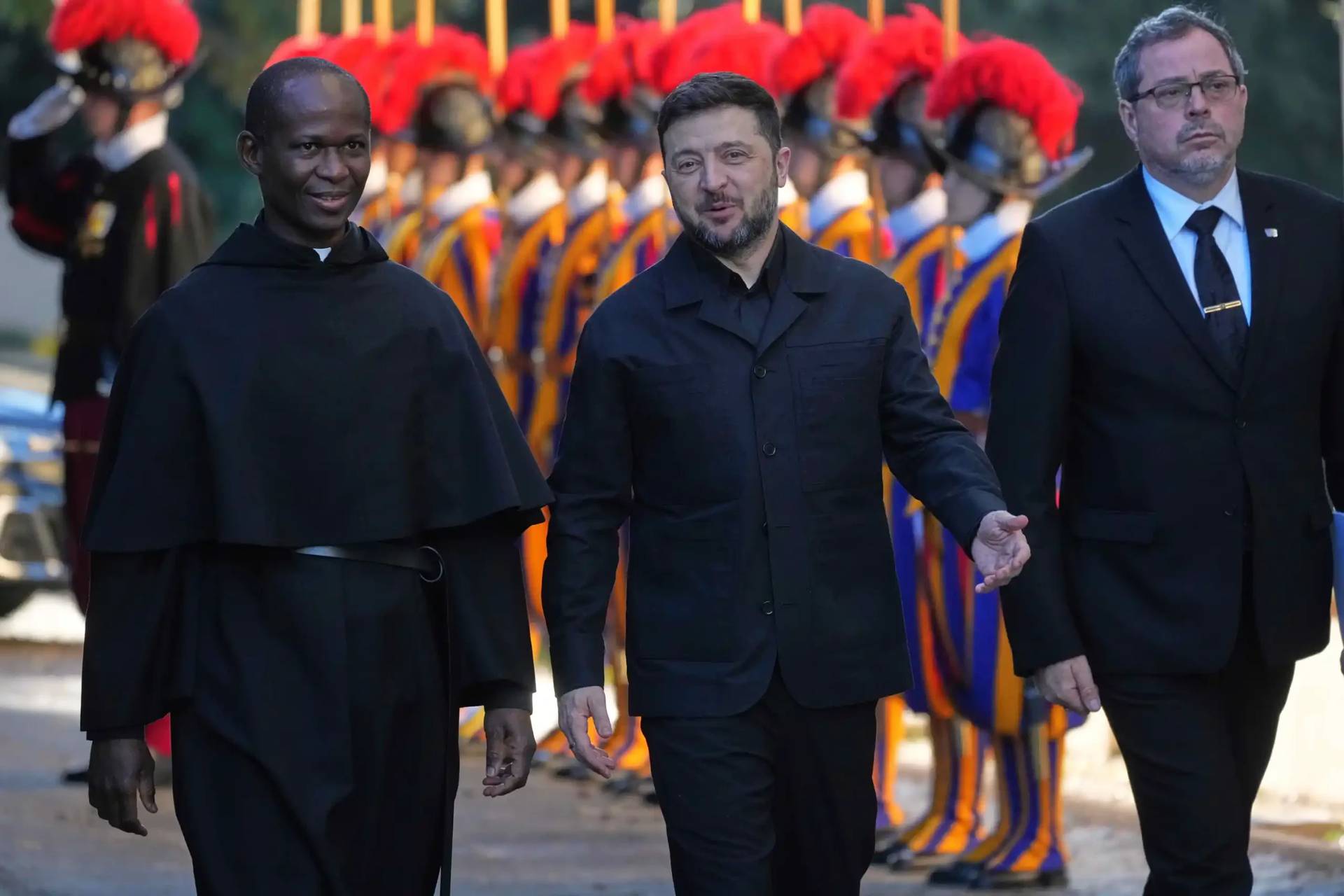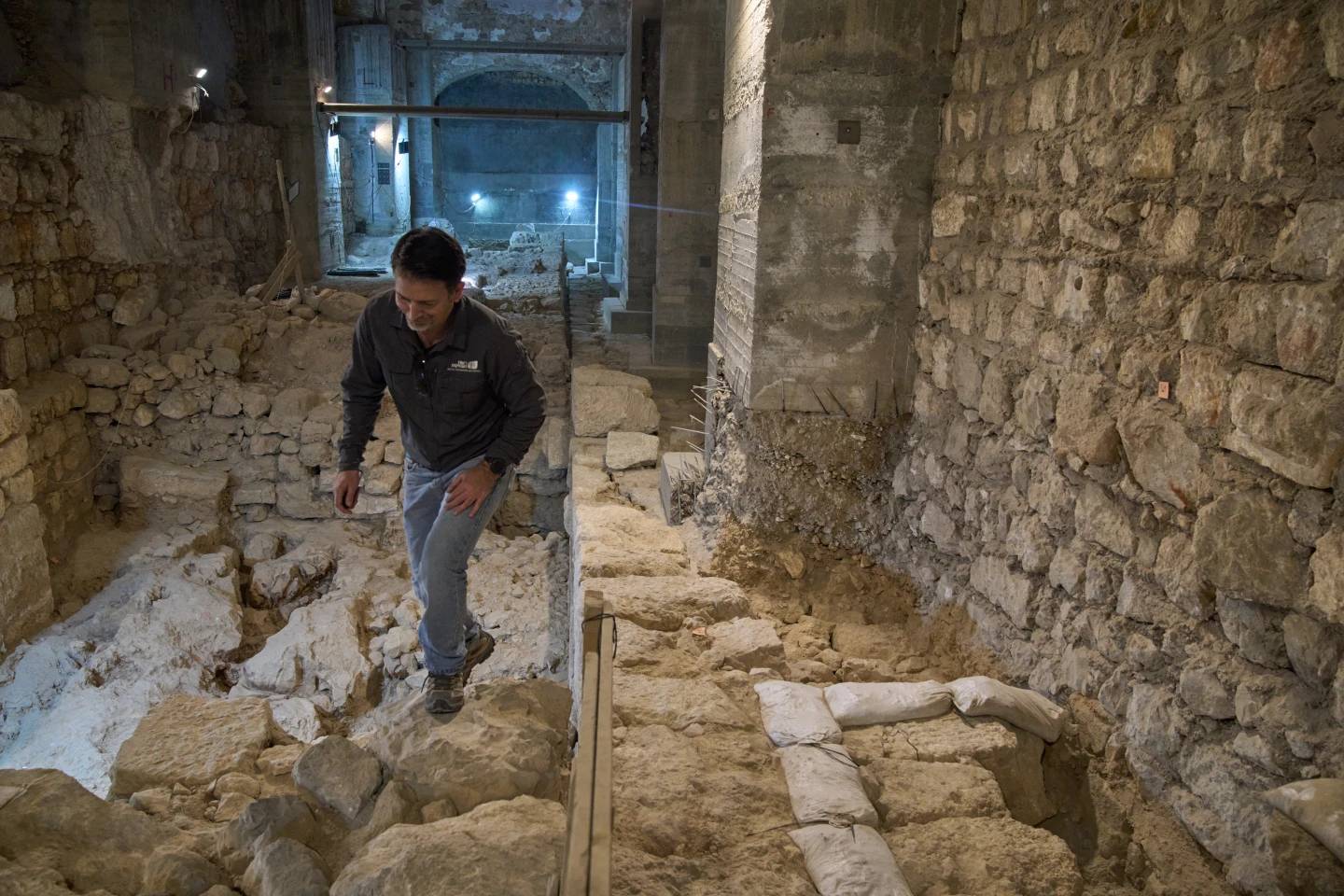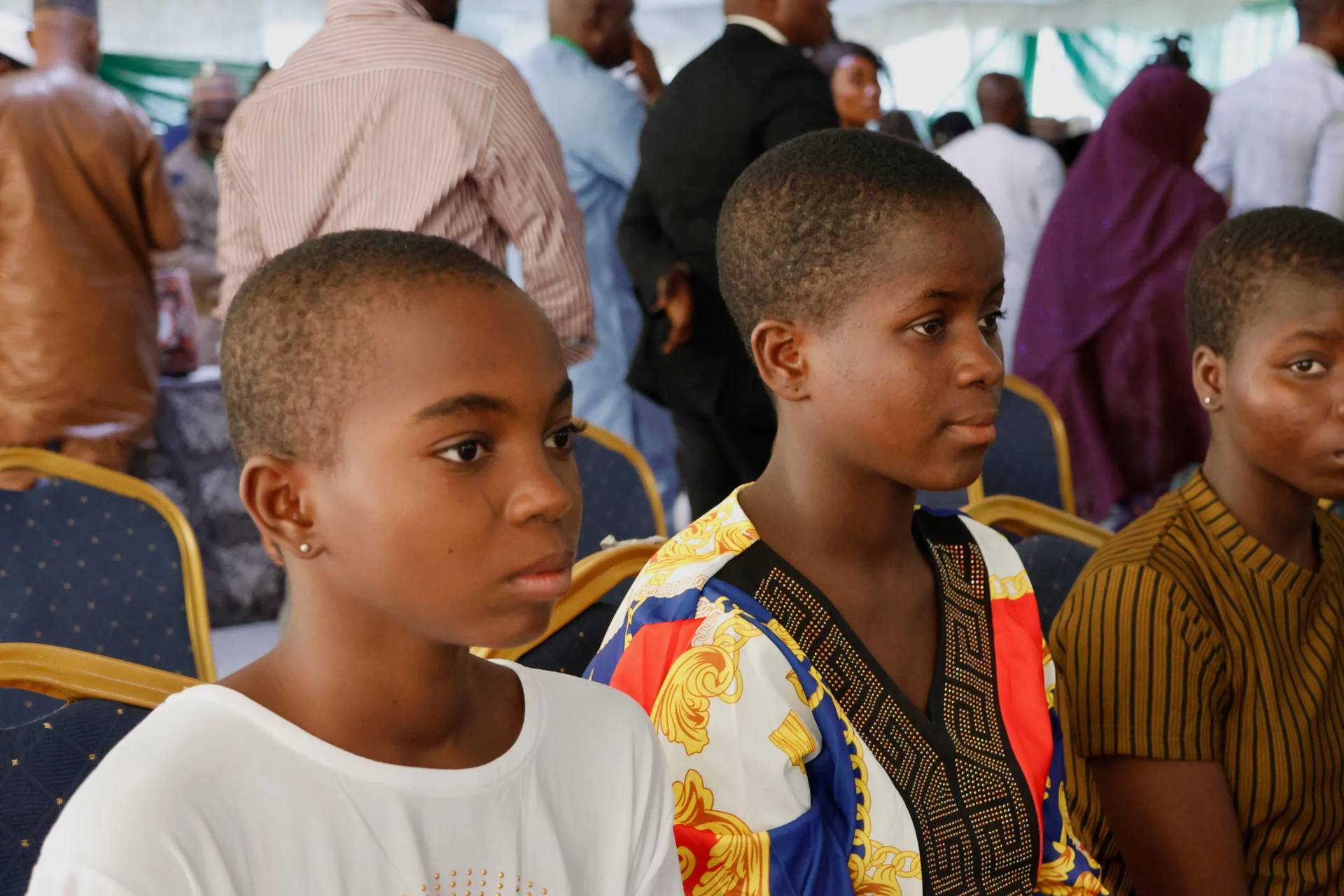ROME — Sometime late Monday, House Republicans will bring a resolution to the floor of Congress declaring that ISIS is guilty of “genocide” against Christians, Yazidis, and other minority groups, a move clearly designed to increase pressure on the US State Department to issue an official finding that ISIS is engaged in genocide.
To date, Secretary of State John Kerry and his aides have been reluctant to use that term, in part out of concern for its legal implications, but also because it would put pressure on the Obama administration to make military commitments to the anti-ISIS fight that so far it’s been hesitant to consider.
In theory, the State Department faces a Congressionally mandated Thursday deadline to reach a finding, although officials have been non-committal in terms of whether they intend to comply.
To some extent, it’s little more than a debate about language, because a formal determination that “genocide” is happening does not automatically trigger any specific military or foreign policy response. It would probably compel the administration to document crimes and identify perpetrators for possible prosecution, but not necessarily to put boots on the ground to try to stop them.
The House vote Monday comes after the March 10 release of a major report from the Knights of Columbus and “In Defense of Christians,” a US-based research and advocacy organization, documenting ISIS atrocities and insisting that “genocide” is the proper term for its assault on Christians.
Republican Rep. Jeff Fortenberry of Nebraska, who introduced the resolution, says he hopes it will provide “new hope” to ISIS victims that a “trans-partisan and ecumenical alliance” is taking their agony seriously.
The question is, if the United States does officially acknowledge that genocide is occurring, what would it mean for that hope to be real?
Concretely, at least three things seem clear.
First, it would mean a more robust military role for the United States. If you ask most Christian leaders in the Middle East today, including virtually any Catholic bishop in the region, they’ll tell you — often with deep regret — that they have far more confidence in Russia right now than any of the Western powers in terms not only of fighting ISIS, but specifically protecting the Christian minority.
Most add that they clearly understand Vladimir Putin is acting in pursuit of what he sees as Russian interests, not out of the goodness of his heart, but that doesn’t change the fact that people facing what they see as a genocidal assault can’t be choosy about where their allies and protectors come from.
Second, “hope” would mean making a long-term financial and political commitment to assistance for rebuilding minority communities in Syria, Iraq, and Libya when and if ISIS is pushed back. More broadly, it means recognizing that fostering the vitality of those communities is in the direct strategic interest of the United States and the rest of the world.
The minority presence is a guarantor of pluralism and a firebreak against the spread of extremism, and Middle Eastern Christians in particular tend to be among the region’s most ardent supporters of democracy and “healthy secularism,” meaning the separation of religion and state.
Because of their ties to fellow members of various denominations around the world, Christians in the Middle East also represent a natural bridge with the West and are generally the most natural conversation partners for Western diplomats, politicians and activists.
If that Christian presence disappears, it would be a deep spiritual wound for the faith, but it would also pose real political and strategic risks. Preventing that from happening thus deserves to be a foreign policy priority.
Third, “hope” would also mean taking the voices of these minority groups seriously as the United States and other global powers make choices.
To take a specific example, it’s long been the more-or-less official position of the Obama administration that there’s no future for Syria under the Assad regime. In September 2013, the United States seemed on the brink of going to war against Assad after charges he had used chemical weapons against his own people, and leading moral resistance to that possible assault was the first significant political role played by the newly elected Pope Francis.
Late in 2013, Putin credited Francis with helping to prevent a war, citing a letter the pontiff wrote to a G20 summit in St. Petersburg in which Francis warned of “the futile pursuit of a military solution” in Syria.
If you ask most Syrian Christians what they think about Assad, they’ll tell you they’re under no illusions about the nature of his regime, but they don’t want to see him forced out because the realistic alternative is even worse. As they see it, the choice is not between a police state and a flourishing democracy; it’s between the police state and annihilation.
As the United States chooses how to deploy its influence, such perspectives deserve to be a central part of its calculations. Had we listened more attentively to Iraq’s Christian minority in 2003, for instance, the US role in that country might have played out very differently.
If these three things happen — a more effective military role, a long-term strategic commitment to supporting the minority footprint in the Middle East, and a serious willingness to bring voices from those groups into shaping foreign policy — then most ISIS victims probably would conclude that the “hope” Fortenberry and other lawmakers are promising is genuine.
Yet as grateful as many of those victims may be on Monday, assuming the House resolution passes, they’ll probably — and, in light of experience, understandably — strike a “wait and see” stance as to whether it augurs that kind of hope.

















